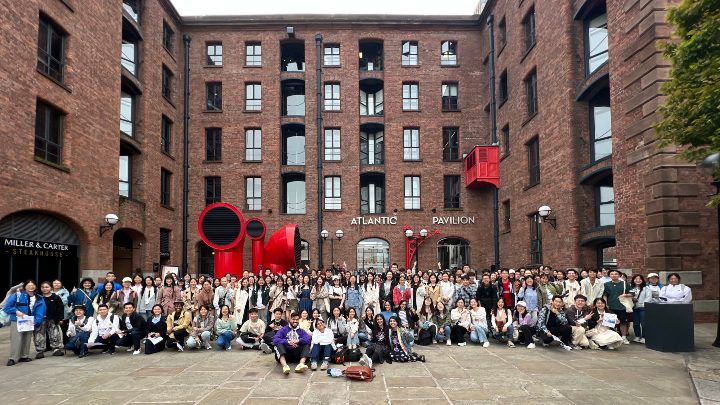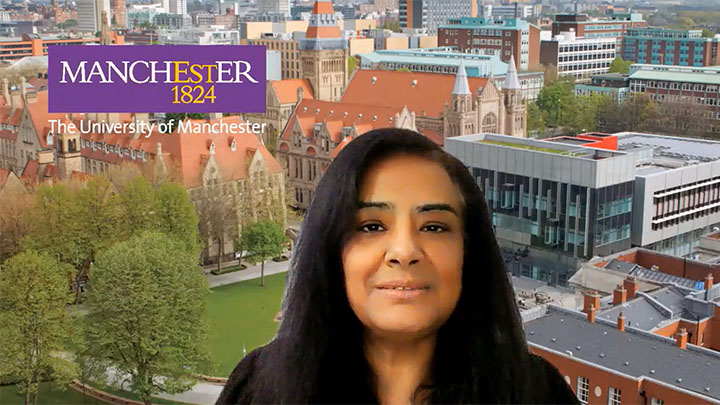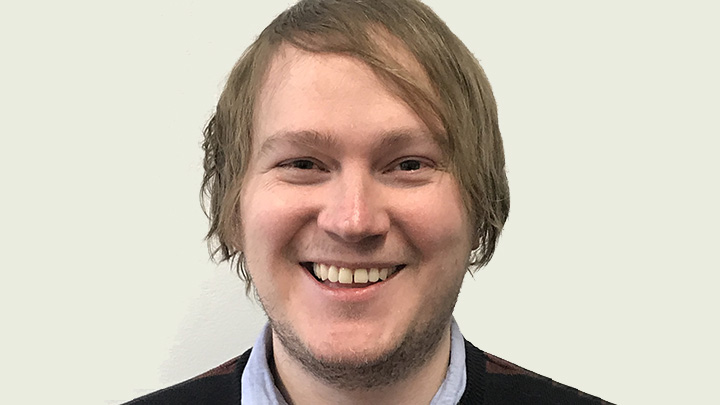An in-depth introduction to public health at Manchester
Work alongside some of our world-leading academic and research staff with interests in population health, health services management and primary care.
The purpose of this summer school is to provide you with an in-depth introduction to epidemiology and public health. You will be taught by world-leading researchers, as well as our highly successful teaching staff who teach on many of our undergraduate and postgraduate programmes.
We offer a full range of social activities to introduce you to Manchester and the north-west of England.
On this page:
Talking science
Our programme includes innovative practical sessions teaching you why and how to communicate about science and health with broader audiences. These sessions will be led by experienced faculty from the MSc Science and Health Communication programme.

Social activities
We offer a full range of social activities to introduce you to Manchester and the north-west of England.

What's included in the fee?
Fees include tuition fees, accommodation and scheduled social events.

Programme details
About your schedule
The programme for the Public Health International Summer School is designed to allow you to get the most out of your three-week stay in Manchester.
It is structured to provide you with an opportunity to learn about a wide range of topics from our teaching staff. A typical week will include lectures, practical sessions, independent research and group work.
Public health topics
You will be able to learn through working in groups on a variety of topics and produce a joint project together that will test the application of your learning in the real world. You will also present your project to the group and the academic staff. In previous years, students have been able to study a variety of subjects, including:
You will learn how to understand scientific evidence, identify the best evidence and implement it. You will also get an understanding of critical appraisal.
You will examine a range of study designs, sources of bias and examine the hierarchy of evidence.
You will be guided on how best to search for evidence that can be used for evidence-based practice, and will develop techniques with referencing software.
The sessions are a mix of computer workshops and classroom-based talks, with some more practical skills being developed as you work in groups.
Following your introduction to evidence, you will learn about conducting analysis of data.
You will be introduced to core statistical concepts and techniques that are essential for understanding, interpreting and undertaking biomedical research.
Sessions will demonstrate how powerful techniques can be used to investigate relationships between outcomes, patient characteristics and treatments, as well as making predictions about the prognosis of patients.
During these sessions you will have the chance to use the computer labs and will be guided through using biostatistics software which may be new to you.
You will also have the opportunity to run your own trial and discuss the methodological issues.
You will have the opportunity to look at key concepts of economic evaluation and the evidence base behind health economic practice.
You will examine the role that a rationalised health care system plays and how decisions based on the cost and clinical efficacy of treatment improve population health.
We will also set the scene for the practical application of equity on population health.
A wide variety of learning methods will be used to understand these key concepts and demonstrate their application in real-world settings.
Using social determinants of health, you will explore inequalities and how they impact on health outcomes across the life-course.
You will examine the principles and practice of good health promotion policies, and explore the importance of the Health in All Policies movement advocated by the World Health Organization.
We will look at interventions to help reduce inequalities and examine the evidence base for delivering these in different socio-economic settings.
You will examine culture, its impact on health and the potential impact of ‘culturally competent’ communities.
Through group work, discussions and interactive activities, you will look at cultural models, frameworks and policies in relation to your personal and professional practice with the aim of improving health and wellbeing outcomes.
You will have the opportunity to work alongside some of our academic and research staff within the Division of Population Health, Health Services Management and Primary Care.
This will allow you to see some of the projects that are being worked on first-hand and see where some of your learning is put into practice.
Staff
Professor Arpana Verma
Professor of Public Health and Epidemiology
Professor Verma is the head of the Division of Population Health, Health Services Research and Primary Care.

Mr Greg Williams
Senior Lecturer in Public Health
Greg is a Senior Lecturer in Public Health and a Deputy Programme Director for the Master of Public Health (MPH) programme, where he leads on Global Health into the 21st Century, Health Services Management, and Business, Media and Health.

Contact us
Find out more
For information about booking your place on the Public Health International Summer School, please get in touch.
Email: siss@manchester.ac.uk
